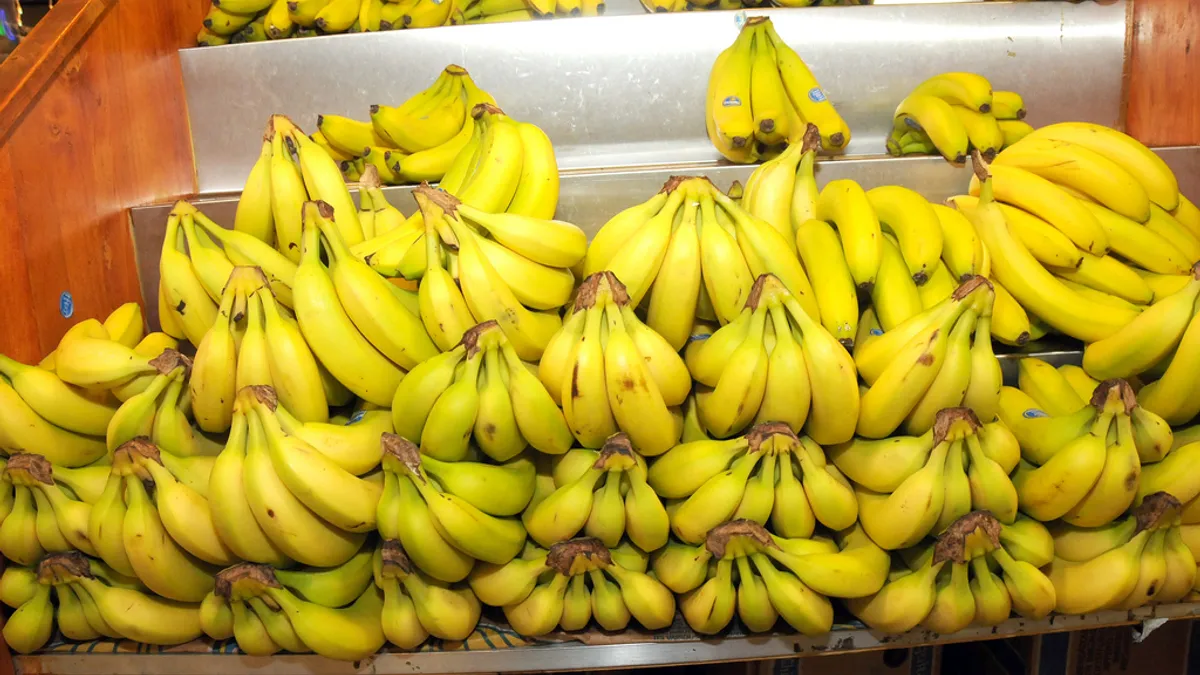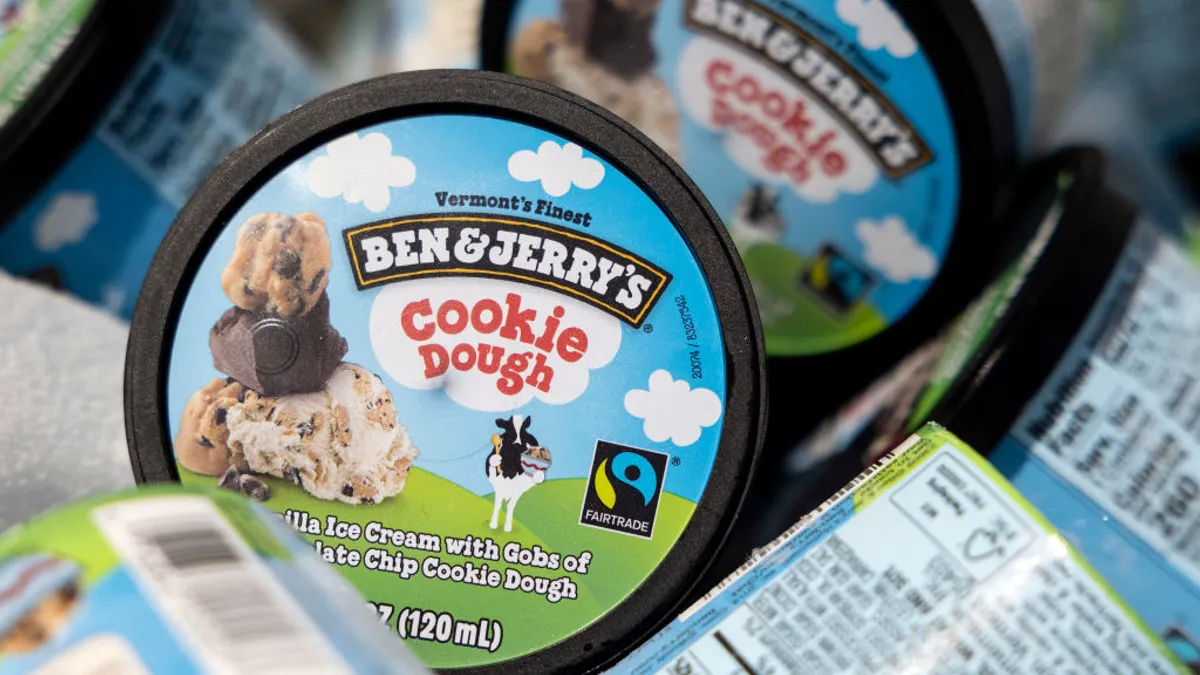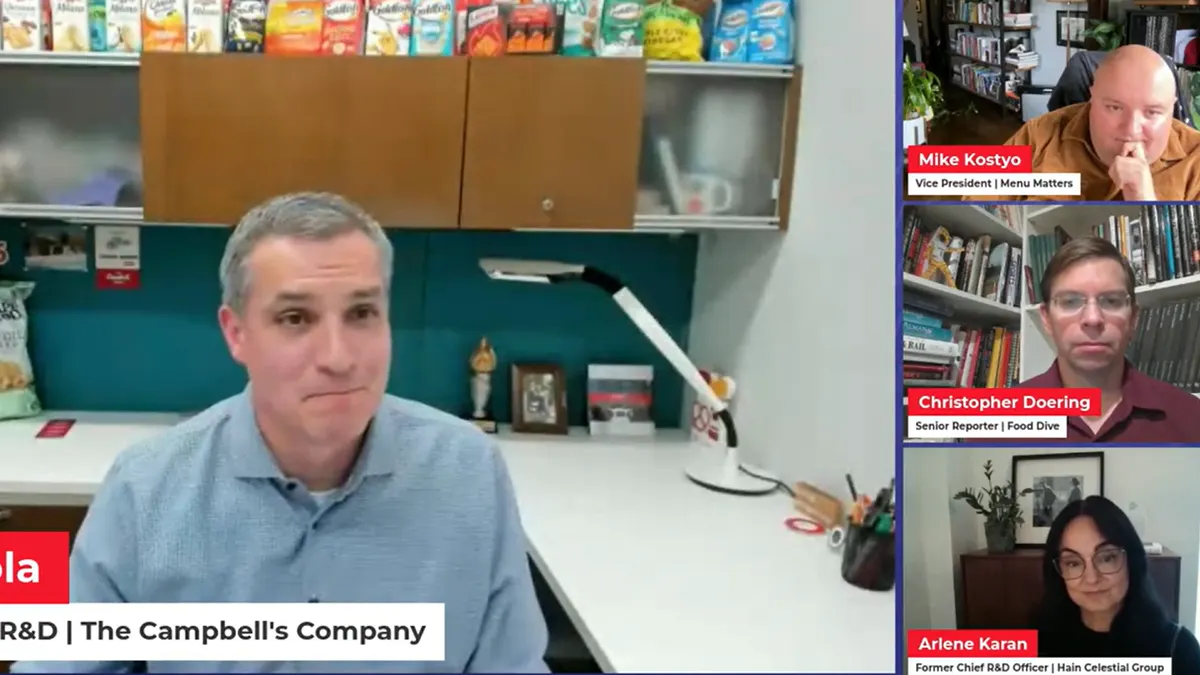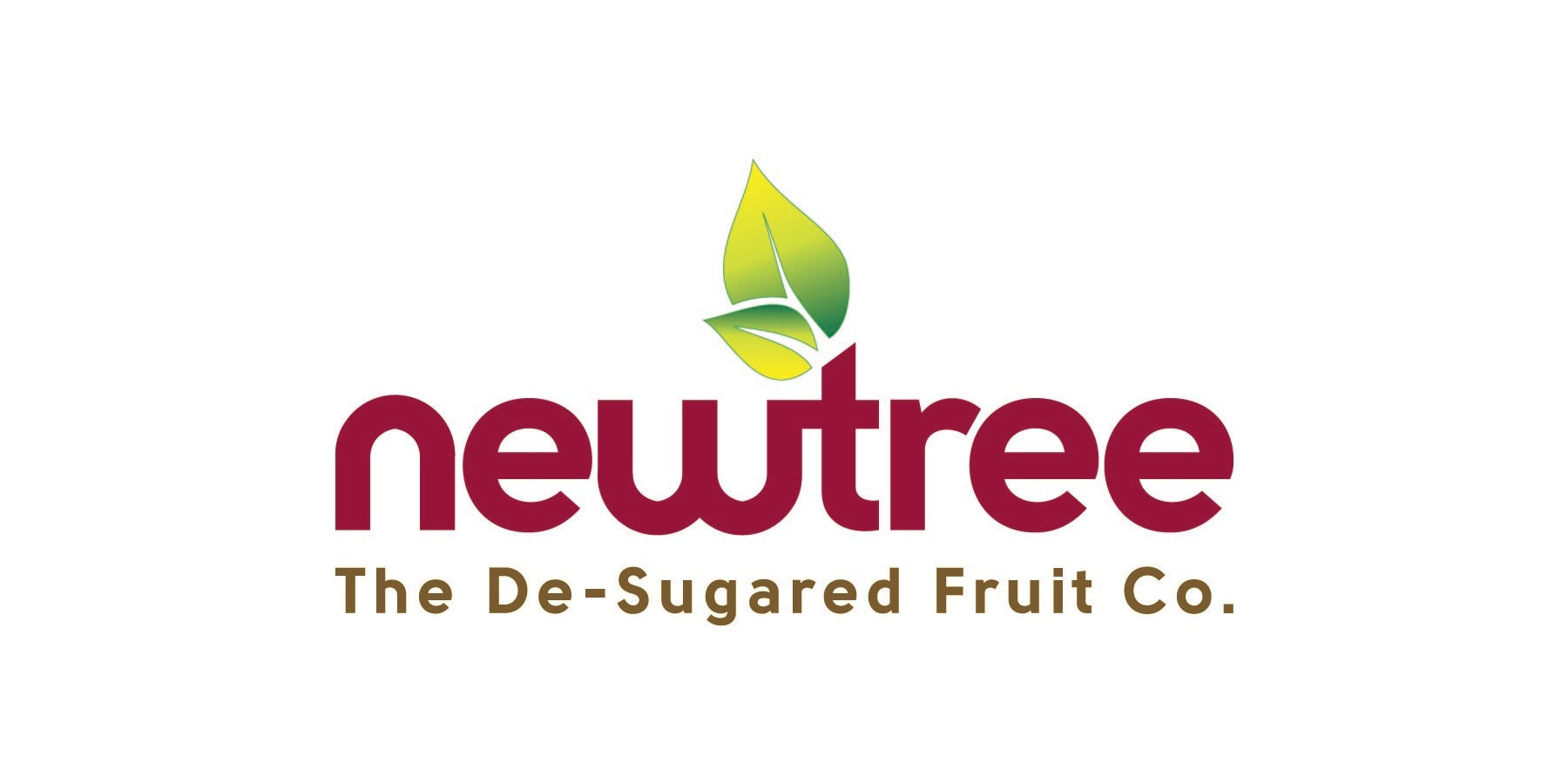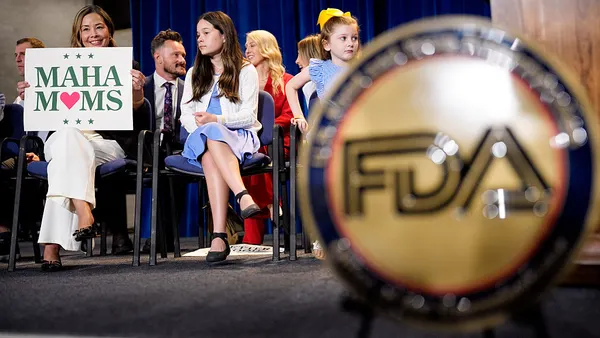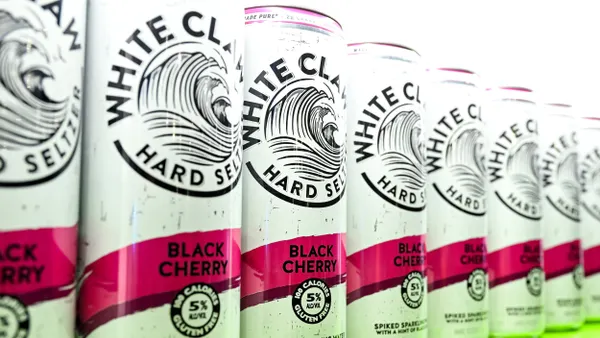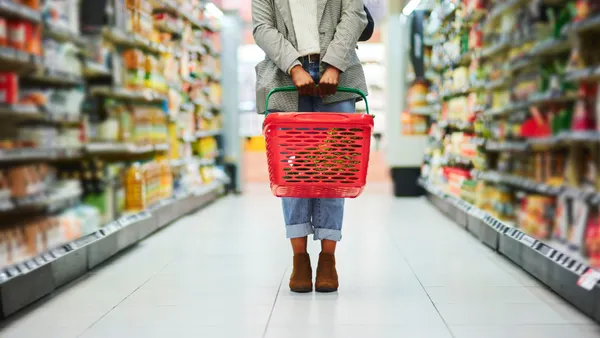Just a few months ago, when Chiquita announced its plans to merge with Fyffes, investors and analysts generally supported the deal. The argument was a combined Chiquita-Fyffes would be in a better position to survive than either company would be alone in a struggling banana industry.
But when the tax advantage disappeared for Chiquita, and when Brazil's Cutrale and Safra groups made an offer of their own to buy them, the Chiquita-Fyffes merger didn't look so wonderful anymore.
The Brazilians got what they wanted, but they aren't the only ones celebrating.
Here are Food Dive's picks for the other big winners in the collapse of the Chiquita-Fyffes deal:
Dole Food
The most interesting thing about the proposed Chiquita-Fyffes merger was that it would have created the world's largest banana producer-shipper, displacing Dole Foods from the top of the banana food chain.
Dole has roughly 26% of the world's banana market, while Chiquita has about 22% and Fyffes has approximately 7%.
Now that the merger has failed, Dole remains at the top for now.
Retailers
The world's largest retail buyers have taken to building supply chains of their own for the fruit, which is perhaps banana shippers' biggest challenge.
Analysts argued that a combined Chiquita-Fyffes would have been in a better negotiating position with retailers, but they are still in an advantageous spot.
Charlotte, NC
The Fyffes merger would have required that Chiquita move its headquarters from the North Carolina city to Ireland in a tax-advantage process known as an inversion.
When the U.S. Treasury Department issued new rules last month to make inversions less attractive, it was a huge blow to the merger. It also made it considerably less likely that Charlotte, NC, which offered some $23 million in 2011 to convince Chiquita to move there from Cincinnati, would come to regret that expense.
Farm workers and small growers
As competition has grown among the major banana shippers, the drive to lower costs has intensified. A price war at the retail level in the U.K. generated so much attention that a new movement was born: The Fairtrade Foundation, which works to ensure a living wage for the 4 million people who work in the banana plantations around the world.
Fyffes has been a big supporter of the Fairtrade movement - roughly one-third of the bananas it sells in the U.K. meet Fairtrade standards. Activists had feared that a takeover of Fyffes by Chiquita would spell an end to that commitment. Now Fairtrade can rest easier.
BanaBay
Perhaps the company to watch in the banana world is fast-growing BanaBay, which launched two years ago with a single container shipment, now moves 5.7 million pieces a week.
BanaBay has been able to strike sourcing and sales deals in a wide variety of tough-to-enter markets, including the Middle East, European organics, North American pineapples, and more. It would seem that BanaBay has become a very, very desirable takeover target of its own following the Chiquita-Fyffes merger fallout.

